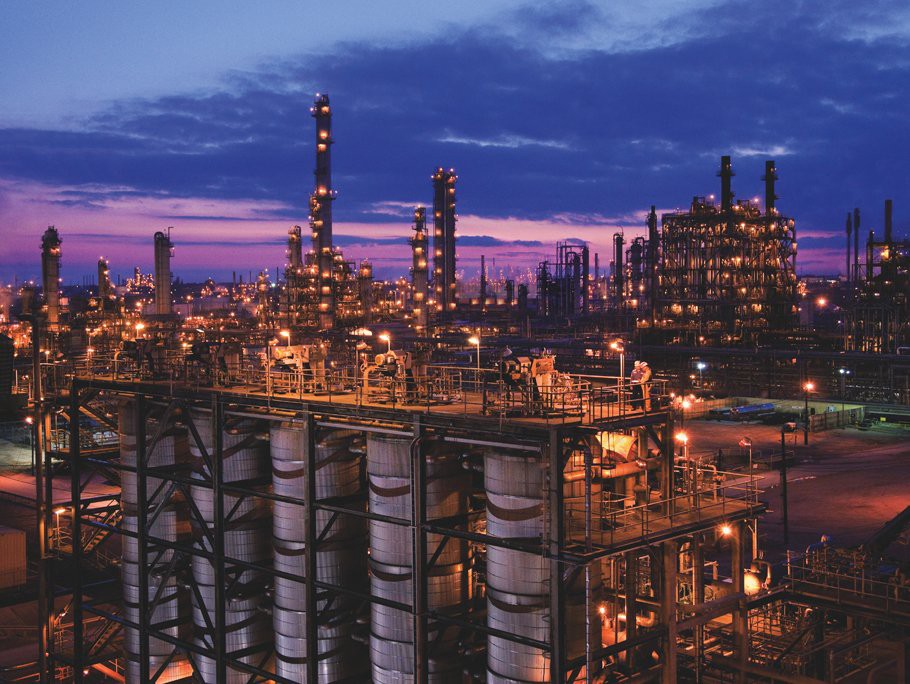
All eyes on Exxon today, after Occidental Petroleum shareholders voted overwhelmingly to urge the company to assess its carbon risk.
Exxon has stepped up the pressure to vote against the resolution. But they’ve caved on the issue itself, and promise to take carbon-risk seriously. Either way, the reality of carbon-math kicks in. https://www.reuters.com/article/us-exxonmobil-climate-idUSKBN18R0D
What makes this an acid test is that shareholder support has been moving in the opposite direction from Washington policy. Trump pulling out of Paris undercuts the rationale of the shareholder resolutions, which is that serious climate action means fossil-fuel assets will be stranded because they can’t be burned.
That is, “climate risk” is not just the risk of coastal flooding, dying oceans and melting icecaps — it’s the “risk” that we’ll actually do something about it.
The climate-risk resolutions are predicated on the likelihood of global action against climate change — that is, regulations or incentives that would limit the burning of fossil fuels.
The chances for such regulations went up with last year’s ratification of the global climate agreement, which calls for concerted action to keep temperatures from rising more than 2 degrees Celsius.
The chances went down this week, with Trump’s evasions over climate at the G7 meeting in Taormina. (See, https://medium.com/impactalpha/transcending-trump-in-taormina-f6a485443ca1).
At least some of today’s shareholders in the Exxon vote could thus be expected to discount the “regulatory risk” and endorse management’s plan to keep the stock price up.
What makes it even more interesting is the Exxon CEO Darren Woods urged Trump to stay in the agreement in a personal letter this month. The U.S. is “well positioned to compete,” he said, arguing for “a seat at the negotiating table to ensure a level playing field.” (see: http://impactalpha.com/exxonmobil-to-trump-dont-pull-u-s-out-of-the-paris-climate-agreement/).
In that context, a shareholder vote to take carbon-risk seriously may signal that investors have already moved on to the realities of the low-carbon transition. They want their large-cap, long-term, core equity holdings to do the same.
And it will signal investors want government policy to smooth, not disrupt, the historic, inevitable and immensely promising shift. The leaders of the G6 have signaled they’re ready to move aggressively to lead the global energy transition. Exxon shareholders are voting on taking the 2-degree scenario seriously.
Who, besides Trump’s faction, is against that–and by extension the Paris agreement? Not even Exxon’s CEO.
Russia. Unlike 147 countries, including the United States, Russia has refused to ratify the global agreement. The fifth-largest carbon-emitter in the world, Russia’s carbon-reduction plan is among the weakest of any major nation. https://insideclimatenews.org/news/06022017/russia-vladimir-putin-donald-trump-climate-change-paris-climate-agreement











